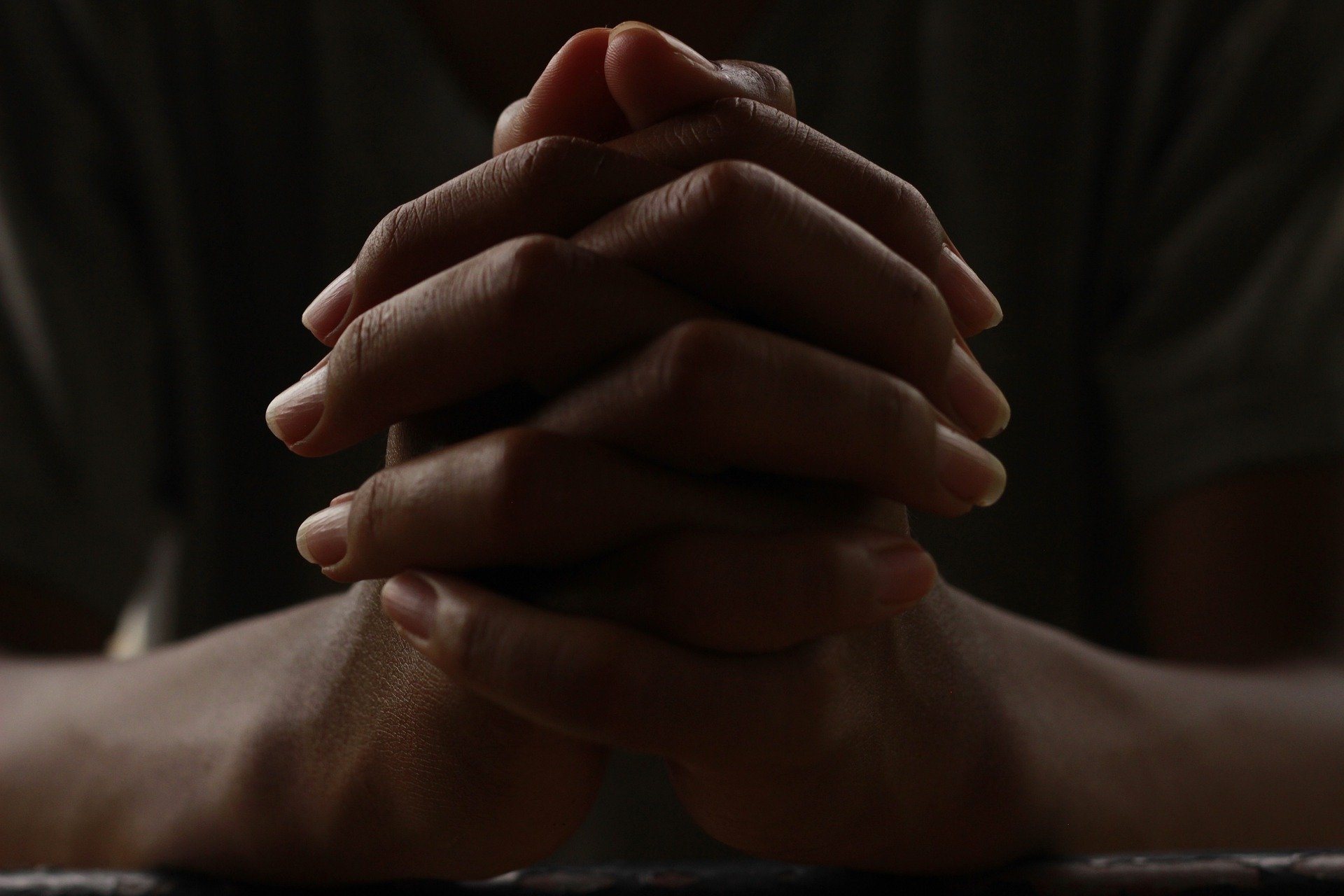I don't know that certain denominations' vitriolic rhetoric towards gay people explains all of the "exodus" so to speak. (if that's the certain
kind of person you were alluding to)
It would obviously explain why a gay person who grew up in a Southern Baptist household would want to leave the religion, but looking at the overall results, there seems to be other catalysts at play.
For instance, the Lutheran Church, Episcopal Church, and Presbyterian Church all sanction gay marriage and have taken a more accepting stance on the matter. The Presbyterian church started allowing it in 2014 (and approved the ordination of gay people in 2011). Yet, that seemed to have little impact on the trajectory of people leaving their church.
View attachment 325560
I referenced in my prior post the "social cost" for leaving certain religions (and denominations) and how that plays a role. I think that's a much larger factor.
With many religions, the more people defecting and becoming unaffiliated has something of an exponential effect. As it would seem like for every one or two people who do it, it makes another three for four people comfortable in "going public" with their status as a non-believer as well. It's almost always easier to be the 1,000th person to do something than the 1st or 2nd.
View attachment 325564
The larger a particular community grows, the more "approachable" it becomes.
There are a few different aspects to how great that social cost is to an individual, one of which being, a person's other group affiliations. The more groups (that are perceived as "good groups" in their community) a person is in the majority in, the seemingly more comfortable they are with being in the minority on other things. Which could be a logical explanation for why Black Americans are only 1/5th as likely to publicly identify as atheist as White Americans. If a person's already in a group that may not be "the most liked" among a large number of people in their area, they're unlikely to do something they perceive as "giving them an additional reason to not like me", or doing something that could ruin one the few links to the "social fabric" of their community they do have.

